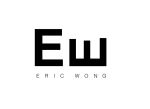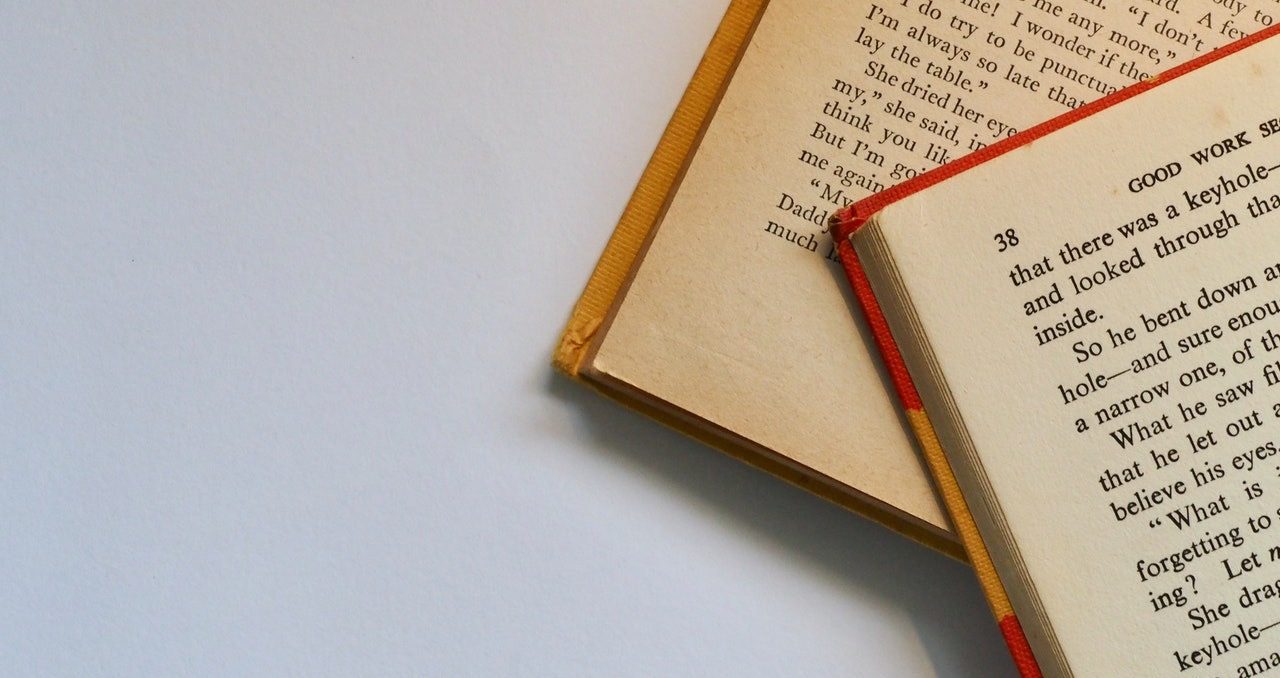“You will be the same person in five years as you are today except for the people you meet and the books you read.“
-Charlie “Tremendous” Jones
We don’t always have the time to read as much as we’d like, so it’s really important to use your reading time on books of great value. Here are a few recommendations if you’re building your reading list for this year.
I picked out my favorites similar to how Ryan Holiday picks his annual list, by answering the question Which books if they were the only ones I read this year would have still made it a great year for reading and learning?
Here they are.
The 15 Best Books I Read in 2019:
Biography / Memoir
The Hiding Place by Corrie Ten Boom
- Corrie ten Boom is one of the most quoted writers with many of her quotes easily found and shared online. But they’re hard to truly appreciate until you’ve read her detailed account surviving Nazi Germany.
- I often shook my head in disbelief at her accounts of extreme cruelty, hope in the face of evil, and the borderline-ridiculous faith of her sister Betsie especially. Hard to put down. One of the biographies I know I will read periodically.
Born A Crime by Trevor Noah
- I love the Daily Show hosted by Trevor Noah, and this book lets you in on the experiences that shaped his childhood that make his kind of comedy smart and accessible.
- Tip: Go for the Audible version since he narrates it himself, and you’ll hear him speak some of the languages he knows including Xhosa, Zulu, and Afrikaans.
Philosophy and Faith
God is Not Great: How Religion Poisons Everything by Christopher Hitchens
- I love learning about what drives people, especially their philosophies and core beliefs. This includes people who have different views from mine. Hitchens makes his case mainly against organized religion in this book, not so much against a belief in God.
- Hitchens can write convincingly, but he still leaves plenty of errors as he breezes through his arguments. That said, his points are worth reflecting on and should drive those who hold religious beliefs not just to examine their own belief systems, but also whether they live true to their religious claims.
Letters to a Young Calvinist by James Smith
- For Christian readers who want to dive deeper into theology, specifically those exploring or looking for an introduction to the Reformed tradition, this book is an accessible read.
On The Shortness of Life by Seneca
- Really enjoyed this one. This Stoic classic is a light read, short, with plenty of nuggets of wisdom to take home.
Leadership and Productivity
Atomic Habits by James Clear
- James Clear lives up to his name, giving readers a clear picture and explanation of how small, inconspicuous but powerful (hence “atomic”) habits determine the kind of person you are and are becoming. Includes very practical advice.
- One of my favorite parts is his explanation of why focusing on systems, rather than goals, is more effective. Here is an excerpt:
“I began to realize that my results had very little to do with the goals I set and nearly everything to do with the systems I followed…
The goal in any sport is to finish with the best score, but it would be ridiculous to spend the whole game staring at the scoreboard. The only way to actually win is to get better each day. In the words of three-time Super Bowl winner Bill Walsh, “The score takes care of itself.” The same is true for other areas of life. If you want better results, then forget about setting goals. Focus on your system instead.”
Late Bloomers: The Power of Patience in a World Obsessed with Early Achievement by Rich Karlgaard
- From the book:
“So what exactly does it mean to be a late bloomer? Simply put, a late bloomer is a person who fulfills their potential later than expected; they often have talents that aren’t visible to others initially… And they fulfill their potential frequently in novel and unexpected ways, surprising even those closest to them. They are not attempting to satisfy, with gritted teeth, the expectations of their parents or society, a false path that leads to burnout and brittleness, or even to depression and illness… Late bloomers are those who find their supreme destiny on their own schedule, in their own way.”
- Karlgaard is a “late bloomer” himself and he shows that late bloomers possess unique strengths (specifically curiosity, compassion, resilience, equanimity, insight, and wisdom). He offers hope + advice for those who might feel that time has passed them by. For those still figuring out where and in what capacity they can thrive in life, this is a highly recommended read.
Total Money Makeover by Dave Ramsey
- Dave Ramsey’s story is very encouraging. My wife and I have been doubling down on our savings, budgeting, debt payments, and tiny investments, and this book was a good resource for coming up with a simple but effective plan.
- Ramsey makes it clear that a total money makeover takes a lot of work. In his words, it requires “gazelle intensity” (read here). But it is nonetheless possible and simple, and perhaps most importantly, rewarding for those who are willing to put in the work.
Mystery / True Crime
Bad Blood: Secrets and Lies in a Silicon Valley Startup by John Carreyrou
- From NPR:
This book is a total thriller and offers a visceral reminder: If it seems too good to be true, it probably is. Based on his Wall Street Journal investigative reporting, John Carreyrou expands the saga of Theranos, a Silicon Valley startup that was supposed to revolutionize health care but instead risked the health of millions of potential customers. This gripping and bizarre real-life drama has it all: a narcissistic leader drunk on power and venture capital who charms and strong-arms her employees, huge corporations, and even U.S. military generals into spending money on a too-good-to-be-true product that never worked – and the years-long cover-up and ultimate whistleblowing that saved America from a prized startup’s lies. I couldn’t put this book down.
—recommended by Elizabeth Baker, producer, Weekend All Things Considered
The Mastermind: Drugs. Empire. Murder. Betrayal. by Evan Ratliff
- If Mark Zuckerberg were a Bond villain, Paul Le Roux would be that guy. The Mastermind is the gripping real-life story of the years-long hunt for Paul Le Roux, a programmer turned kingpin who built his empire from Manila and engaged in all sorts of criminal activity across the globe. He shipped drugs from Hong Kong, supplied weapons to Somali militias, made arms deals with Iran, and more.
- It’s hard to believe this isn’t fiction, and all of this happened in my own backyard. Highly recommended read.
Business
It Doesn’t Have to Be Crazy at Work by Jason Fried and David Heinemeier Hansson
- Another short but insightful read from entrepreneurs Fried and Hansson, who talk about what it takes to build a “calm company”, going against today’s toxic work culture driven by “growth at all costs”.
Drive by Daniel Pink
- Dan Pink explains that there’s a mismatch between what science knows and what businesses do when it comes to human motivation. Pink argues that humans are intrinsically motivated and that harnessing these motivations (which are Autonomy, Mastery, and Purpose) is the secret to achieving high performance and fulfillment at work and at home.
- Watch his TED Talk here.
Fiction
The Time Machine by H.G. Wells
- “Timeless” classic. I made it a point to read more fiction in 2019. The first few chapters were the best for me where the Time Traveller explains the concept of time travel.
- Fun fact: it was H.G. Wells who coined the term “time machine”, and it’s been universally used since.
Leaf by Niggle by J.R.R. Tolkien
- Short story from Tolkien. Liked it as I relate to the main character in the story.
The Silver Chair by C.S. Lewis
- I wrote about this book recently. See more here.
Honorable Mentions:
- Norse Mythology by Neil Gaiman
- Micromastery by Robert Twigger
- The Umbrella Academy, Vol. 1: The Apocalypse Suite by Gerard Way
- Simple Secrets for Keeping Your Brain Young by Harry Lorayne
- Silos, Politics, and Turf Wars by Patrick Lencioni

